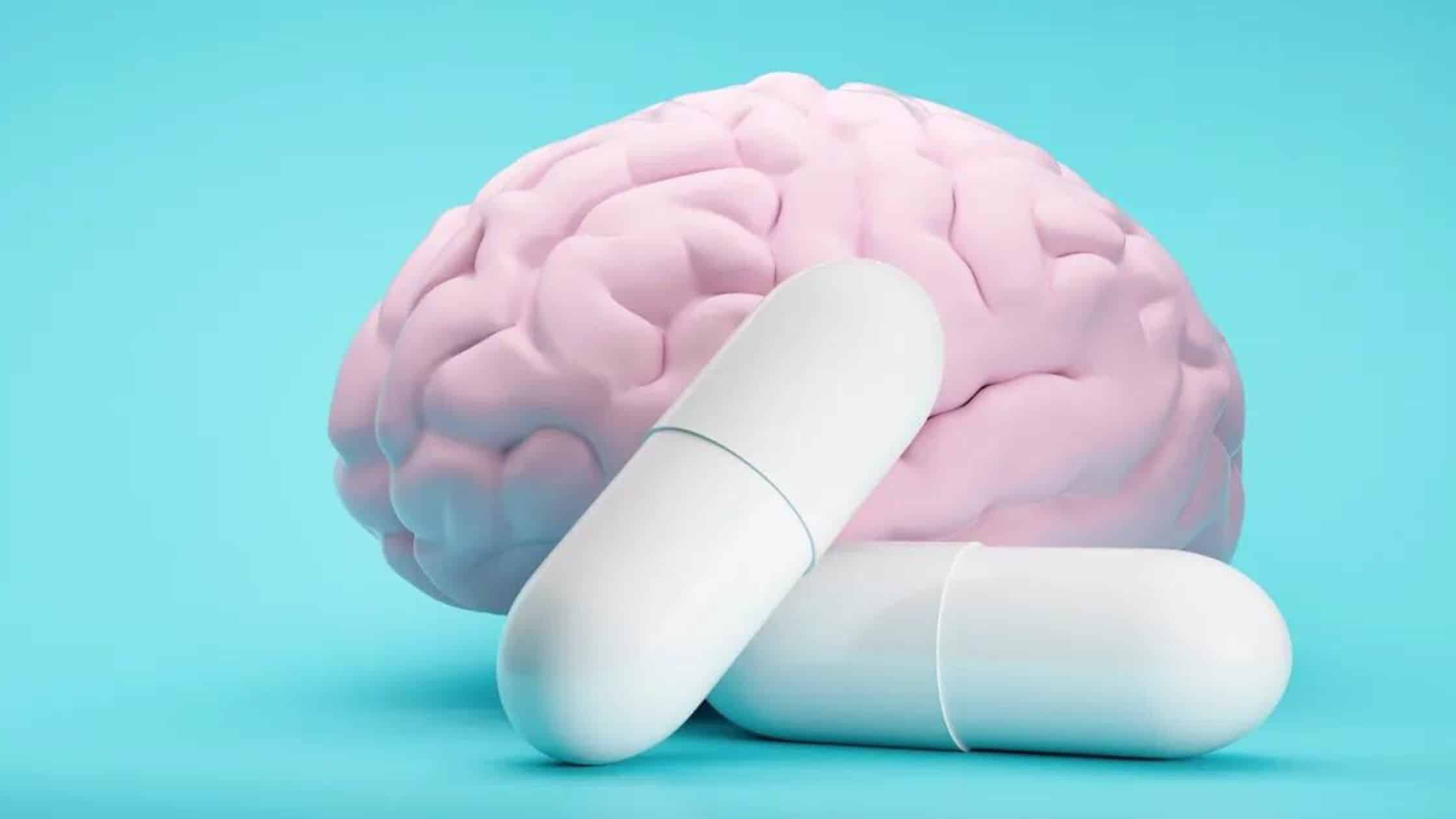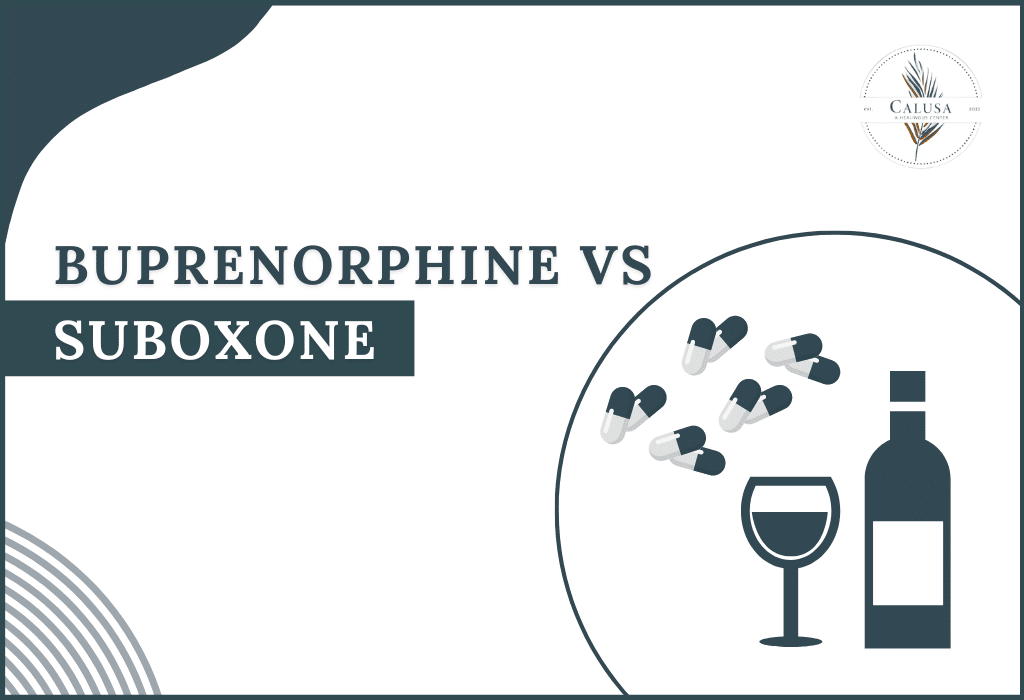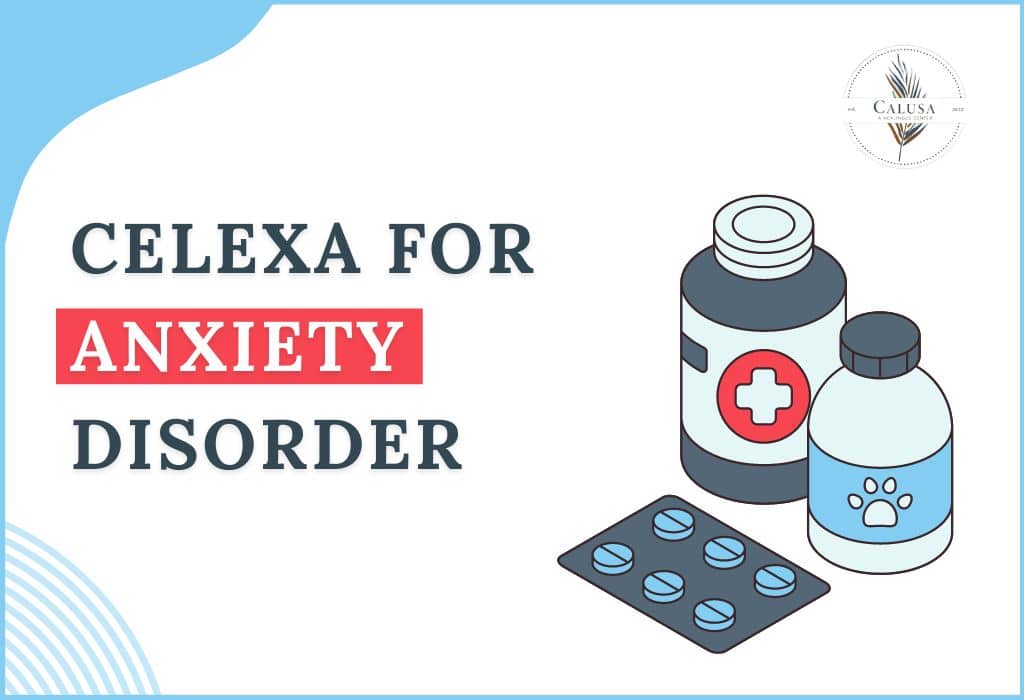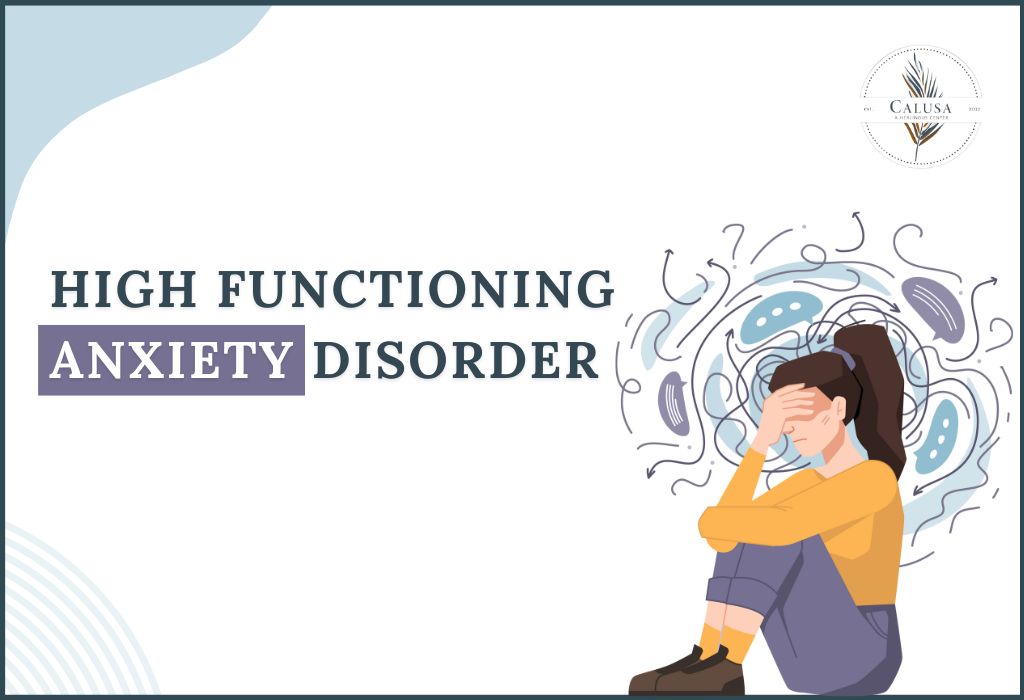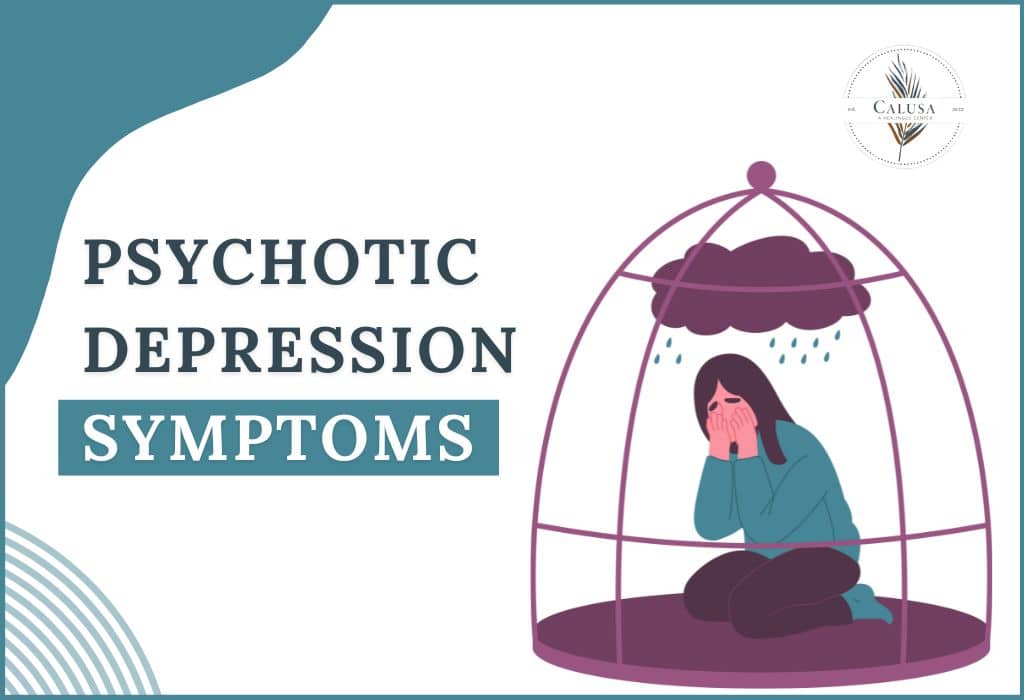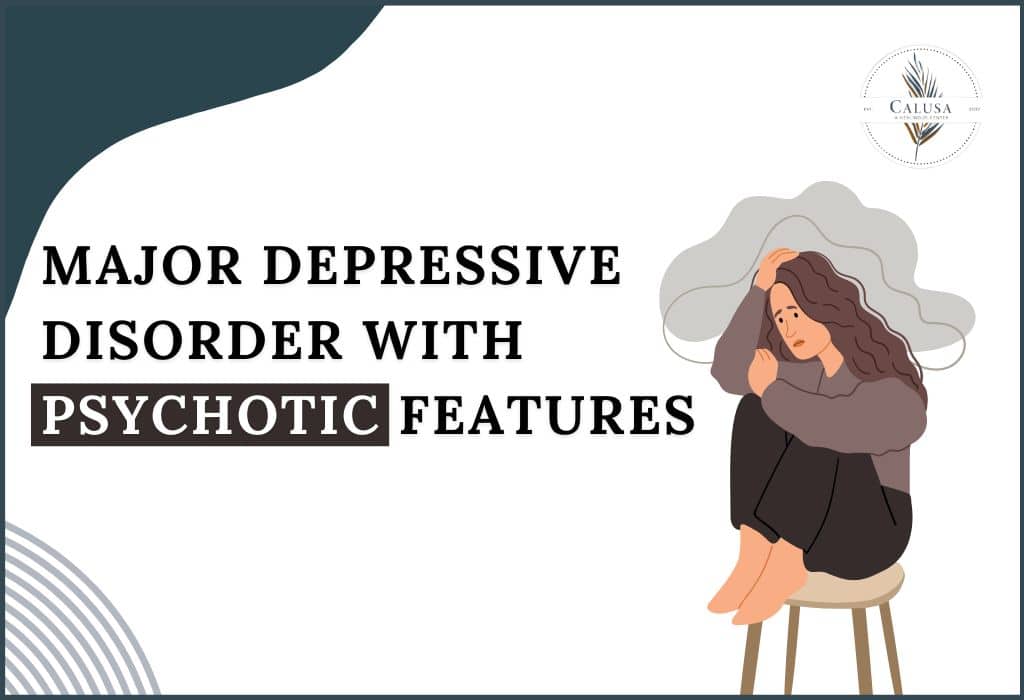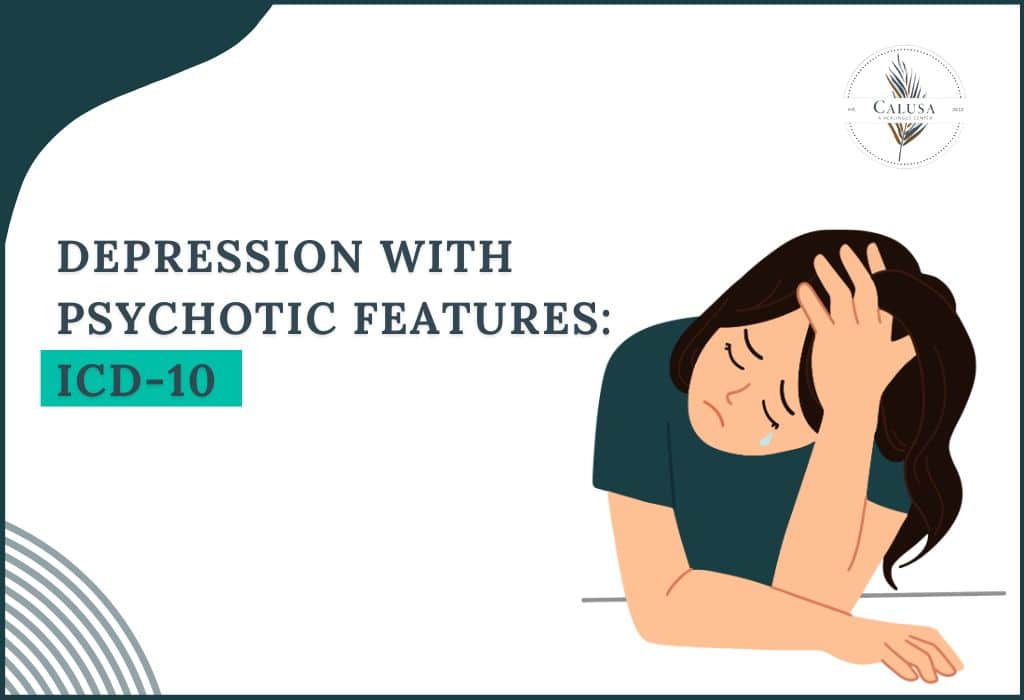In recent years, awareness of mental health issues, particularly Schizophrenia treatment, has significantly increased. With approximately 20 million people globally affected by this intricate disorder, finding effective treatments has become imperative. Unfortunately, the stigma surrounding schizophrenia often leaves individuals silently struggling to find adequate help.
However, there’s newfound hope with the emergence of groundbreaking research and innovative therapies. From advancements in medication to revolutionary psychological treatments, the landscape of Schizophrenia new treatments is rapidly evolving. These developments offer promising prospects for individuals grappling with this condition.
In this article, we’ll explore the latest breakthroughs in Schizophrenia’s new treatment. We’ll uncover potential game-changers that could significantly improve the lives of those affected by this challenging disorder. Join us as we delve into these advancements and their implications for patients, families, and the healthcare community.
Come along on this journey as we shine a light on the innovative therapies reshaping the treatment of schizophrenia and offering new hope to those in need.
Schizophrenia Overview, and Symptoms
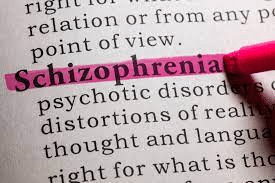
Schizophrenia is a severe and chronic mental disorder characterized by disturbances in thinking, emotions, and behavior. It affects how a person perceives reality, leading to hallucinations, delusions, and disorganized thoughts. Schizophrenia typically emerges in late adolescence or early adulthood and can have a profound impact on an individual’s ability to function in daily life.
Symptoms of Schizophrenia
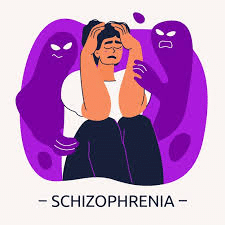
- Hallucinations
People with schizophrenia may experience hallucinations, which are sensory experiences that seem real but are not. These can include hearing voices, seeing things that aren’t there, or feeling sensations on the skin. - Delusions
Delusions are false beliefs that are firmly held despite evidence to the contrary. Common delusions in schizophrenia include beliefs of persecution, grandiosity, or having special powers. - Disorganized Thinking
Schizophrenia can cause disorganized thinking, making it difficult for individuals to organize their thoughts or express themselves coherently. Speech may become fragmented or incoherent. - Abnormal Motor Behavior
Individuals with schizophrenia may exhibit unusual behaviors, such as repetitive movements, catatonia (immobility or excessive movement), or unpredictable agitation. - Negative Symptoms
Negative symptoms refer to a decrease or absence of normal functioning. These can include reduced emotional expression, social withdrawal, diminished motivation, and impaired cognitive function.
It’s important to note that symptoms can vary in severity and may come and go over time. Early detection and intervention are crucial for managing schizophrenia and improving long-term outcomes.
The importance of early diagnosis and intervention
Early diagnosis and intervention are paramount in effectively managing schizophrenia, a complex mental health disorder characterized by disturbances in thinking, perception, emotions, and behavior. Detecting and addressing symptoms early can significantly improve outcomes for individuals affected by schizophrenia, enhancing their quality of life and reducing the risk of long-term complications.
- Timely treatment: Early diagnosis allows prompt initiation of tailored treatment, including medication, therapy, and support.
- Symptom management: Early intervention alleviates symptoms and prevents relapse, improving quality of life and functional outcomes.
- Mitigation of complications: Early treatment reduces the long-term impact of schizophrenia on relationships, education, employment, and overall well-being.
- Improved social functioning: Comprehensive support helps individuals better manage their condition, maintain social connections, and pursue personal goals.
- Cost reduction: Early intervention minimizes the personal, social, and economic costs of untreated schizophrenia on individuals, families, and healthcare systems.
Traditional treatments for schizophrenia
It’s essential to work closely with healthcare professionals to develop a personalized treatment plan based on individual needs and preferences, here are a few traditional treatments.
- Medication
Antipsychotic drugs are the mainstay treatment for schizophrenia new treatment, targeting symptoms like hallucinations and delusions by blocking dopamine receptors - Therapy
Psychosocial interventions like CBT and social skills training offer promising avenues for schizophrenia new treatment, helping improve coping skills and social functioning. - Hospitalization
In acute cases, hospitalization may be necessary for close monitoring and adjustment of medications as part of schizophrenia’s new treatment. - Family Support
Education and support for family members play a crucial role in schizophrenia’s new treatment, reducing stress and enhancing patient outcomes. - Rehabilitation
Programs focusing on life skills, education, and employment support integration into communities as part of schizophrenia new treatment approaches - ECT
Electroconvulsive therapy (ECT) may be considered in severe cases where other treatments are ineffective, offering an alternative avenue for schizophrenia treatment by inducing controlled seizures to alleviate symptoms.
By incorporating these schizophrenia new treatment approaches, individuals can work closely with healthcare providers to develop personalized treatment plans tailored to their needs and preferences.
The revolution in schizophrenia treatment, New breakthroughs, and advancements
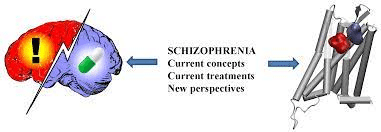
The revolution in schizophrenia treatment is characterized by breakthroughs and advancements that offer renewed hope for individuals living with the condition. Key innovations in 2024 include
- Personalized Medicine
Tailoring treatment plans based on genetic and biochemical profiles for better outcomes and fewer side effects. - Novel Pharmacological Therapies
Developing new medications targeting neurotransmitter systems and exploring novel mechanisms of action. - Psychosocial Interventions
Enhancing social functioning, cognitive skills, and independence through therapies like cognitive-behavioral therapy and social skills training. - Digital Health Solutions
Utilizing mobile apps, telemedicine, and virtual reality for remote monitoring, therapy delivery, and early intervention. - Emerging Therapeutic Modalities
Exploring alternative treatments like nutritional interventions, exercise programs, and neuromodulation techniques such as TMS and DBS.
These advancements represent a shift towards a holistic and personalized approach, promising brighter prospects for those affected by schizophrenia. As research progresses, there’s optimism for tangible improvements in patient outcomes and quality of life.
Cognitive Behavioral Therapy (CBT) for schizophrenia
CBT offers a structured and evidence-based approach to help individuals with schizophrenia better understand and cope with their symptoms, leading to improved quality of life and recovery outcomes.
- CBT is a psychotherapeutic approach that aims to identify and change negative thought patterns and behaviors.
- It’s based on the principle that our thoughts, feelings, and behaviors are interconnected, and by changing one, we can influence others.
- In schizophrenia treatment, CBT focuses on addressing symptoms like delusions, hallucinations, and negative thought patterns.
- Therapists work with individuals to challenge and reframe distorted beliefs, teaching coping strategies and skills to manage symptoms.
- CBT sessions may involve psychoeducation, cognitive restructuring, reality testing, and behavioral experiments.
- Research suggests that CBT can complement medication treatment, improve symptom management, reduce relapse rates, and enhance overall functioning in individuals with schizophrenia.
Medication advancements and their impact on treatment outcomes

Over the years, there have been significant advancements in medication options for schizophrenia, leading to improved treatment outcomes and quality of life for individuals with the disorder.
- Enhanced Efficacy: Recent antipsychotic medications demonstrate improved effectiveness in managing symptoms associated with schizophrenia.
- Reduced Side Effects: The development of newer medications has led to a decrease in adverse effects commonly experienced with traditional antipsychotics, enhancing tolerability and adherence.
- Long-Acting Formulations: Long-acting injectables offer a convenient alternative to daily oral medications, promoting treatment adherence and improving symptom control.
- Treatment-Resistant Symptom Targeting: Emerging therapies specifically target treatment-resistant symptoms, providing hope for individuals who have not responded adequately to conventional treatments.
- Personalized Treatment Approaches: Advancements in pharmacogenomics enable clinicians to tailor medication selection based on individual genetic profiles, optimizing treatment outcomes and minimizing adverse reactions.
- Innovative Delivery Methods: Novel delivery methods, such as transdermal patches and subcutaneous implants, offer alternative routes of administration, enhancing convenience and compliance for patients with schizophrenia.
The role of technology in schizophrenia treatment

Technology has revolutionized various aspects of healthcare, including the treatment of schizophrenia. With the emergence of innovative digital tools and platforms, healthcare providers now have additional resources to enhance patient care and support. In the realm of schizophrenia treatment, technology plays a crucial role in several key areas.
- Telemedicine facilitates remote consultations, enhancing access to mental healthcare.
- Mobile apps offer tools for symptom tracking, medication reminders, and coping strategies.
- Digital therapeutics deliver evidence-based interventions via smartphone or computer.
- Virtual reality therapy provides immersive environments for exposure therapy and social skills training.
- AI-driven predictive analytics assist in early detection, treatment planning, and relapse prevention.
- Ethical considerations are paramount to ensure privacy, security, and equitable access to technology-driven interventions.
Promising alternative therapies for managing schizophrenia symptoms
- Mindfulness-Based Interventions (MBIs)
Practices like mindfulness meditation and yoga can help individuals with schizophrenia manage stress, reduce symptoms of anxiety and depression, and improve overall well-being. - Art Therapy
Engaging in creative activities such as painting, drawing, or music therapy can provide a therapeutic outlet for individuals with schizophrenia, allowing them to express themselves and cope with their symptoms. - Exercise Programs
Regular physical activity has been shown to have numerous benefits for individuals with schizophrenia, including improved mood, reduced symptoms, and enhanced cognitive function. Exercise programs tailored to individual preferences and abilities can promote physical and mental well-being. - Nutritional Therapy
Adopting a balanced diet rich in fruits, vegetables, whole grains, and lean proteins can support overall health and may help alleviate symptoms of schizophrenia. Some research suggests that certain nutrients, such as omega-3 fatty acids and antioxidants, may have protective effects on brain function. - Social Skills Training
Learning and practicing social skills through structured interventions can help individuals with schizophrenia improve their interpersonal relationships, communication skills, and ability to navigate social situations. - Animal-Assisted Therapy
Interactions with therapy animals, such as dogs or horses, can provide emotional support, reduce stress, and improve social interaction for individuals with schizophrenia.
These alternative therapies can complement traditional treatments and support individuals in managing their symptoms and improving their quality of life. It’s essential to consult with a healthcare professional before incorporating any new therapy into a treatment plan.
Support systems and resources for individuals with schizophrenia
- Community Services: Access to counseling, therapy, and medication management at local mental health centers.
- Support Groups: Participation in peer-led groups for sharing experiences and coping strategies.
- Case Management: Assistance from case managers in navigating healthcare and accessing resources.
- Rehabilitation Programs: Training in life skills and vocational support for improved functioning.
- Crisis Intervention: Immediate assistance during acute episodes through crisis intervention teams.
- Peer Support: Guidance and encouragement from peers with lived experience of schizophrenia.
- Online Resources: Access to credible websites and forums for information and peer support.
- Family Education: Programs offering education and coping skills for family members.
- Legal and Financial Aid: Assistance with legal matters and accessing financial support.
- Housing Support: Help in finding stable housing options tailored to individual needs.
These resources are vital for individuals with schizophrenia to manage their condition and lead fulfilling lives.
Hope for the future of schizophrenia treatment
The future of schizophrenia treatment is filled with promise and potential. With groundbreaking advancements in medication, therapy, and technology, individuals living with schizophrenia have more options than ever before. Early diagnosis and intervention remain critical, and it’s essential to support research initiatives and advocate for improved mental health care. By working together and raising awareness, we can make a meaningful difference in the lives of those affected by schizophrenia. Join us in promoting understanding, compassion, and access to effective treatment for all.

